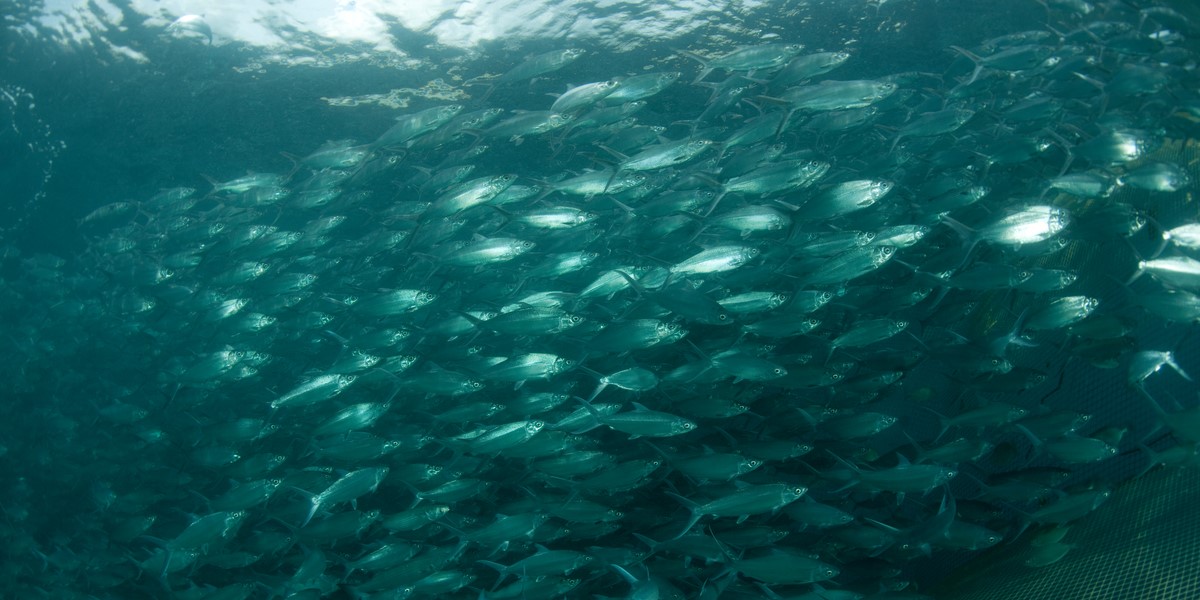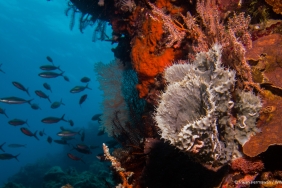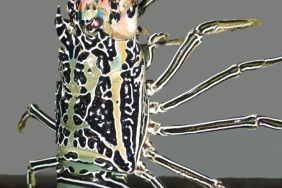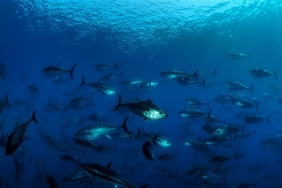A BITE OF JARNUS FISHERMEN’S SUSTAINABLE SEAFOOD
By Annisa Ruzuar
This past few years Indonesian Government has started its campaign on fish as alternative protein source. Numerous studies showing fish benefits for human such as omega 3 as one of beneficial nutrients also backed this campaign. Some others encourage fish consumption in Indonesia because it is a relatively cheap protein source and because fisheries stock is unlimited.
But is it true that fisheries stock is unlimited? According to FAO report in 2010, there has been a 1.4 million ton decline in global capture fisheries compare to survey in 2006. The decline mostly caused by exploitative and destructive fishing methods such as bombing and capturing fish below catch able size standard.
Unlike big fisheries with access to this information, fishermen often left out in the black. They hardly know any impact caused by their practice or whether their customary fishing practice is destructive. Fishermen in Takalar District, South Sulawesi are one of those before they received JARING-Nusantara (JARNUS) NGOs coalition supports. Currently two fishermen groups are facilitated by JARNUS members they are Lanna Perdana (facilitated by Yayasan Mattirotasi) and Tanakeke (facilitated by Yayasan Konservasi Laut/YKL).
These fishermen groups have a good starting point as they have already applied environmentally friendly fishing method hand line and bottom long line fishing. With facilitation from both NGOs and WWF-Indonesia the founding father of JARNUS the fishermen have started applying catch able size standard in their daily practice. As the result, their fisheries products attract specialties buyers looking for sustainable seafood, such as Fish’n Blues. This company buys directly from Lanna Perdana and Tanakeke fishermen group then sell the seafood online and ready for delivery in Jakarta area.
Visitors of Taman Suropati and Taman Menteng in Jakarta have also tasted the fishermen’s sustainable seafood. Last Sunday (27/4) WWF-Indonesia introduced these fisheries products along during an awareness activity about JARNUS’ fishermen empowerment program. Most visitors of these parks are families or sport and healthy lifestyle enthusiasts, those who are more likely to consume healthy and sustainable foods. The fishes served to the visitors are Snapper, Trevally, Sweet Lips, and Grouper cooked with only a dash of spices to bring out the delicious taste of fresh seafood.
“This sustainable seafood came from fishermen? Really?” This is a frequent question from the visitors when WWF-Indonesia team told them the origin of the seafood they ate. Most people still believe that fishermen don’t have enough capacity to improve their fisheries practices. JARNUS facilitation program proven otherwise, and it is possible soon enough you can taste their sustainable seafood.





